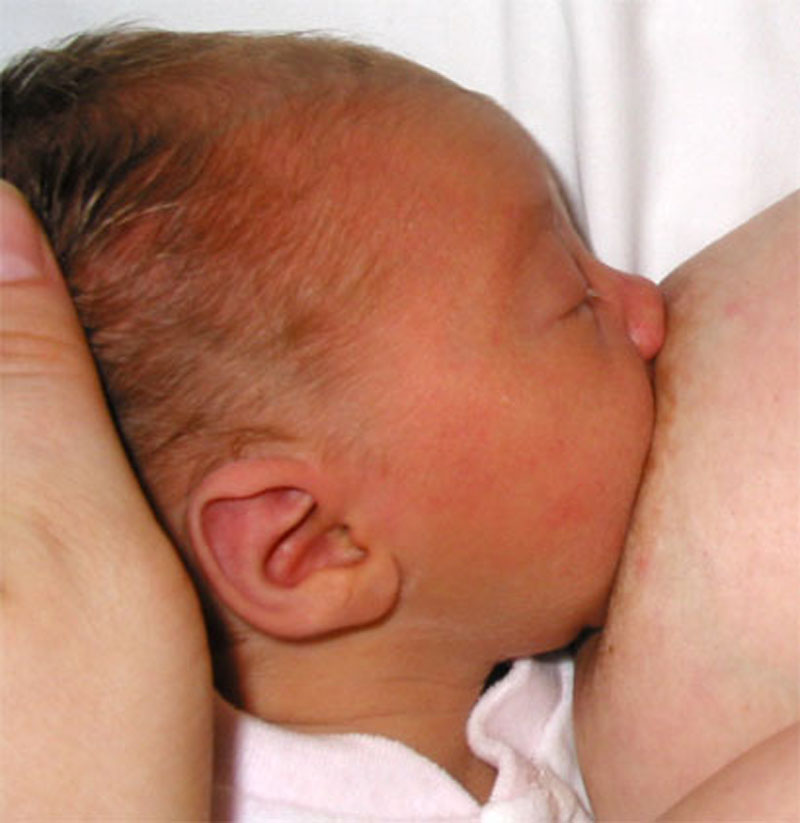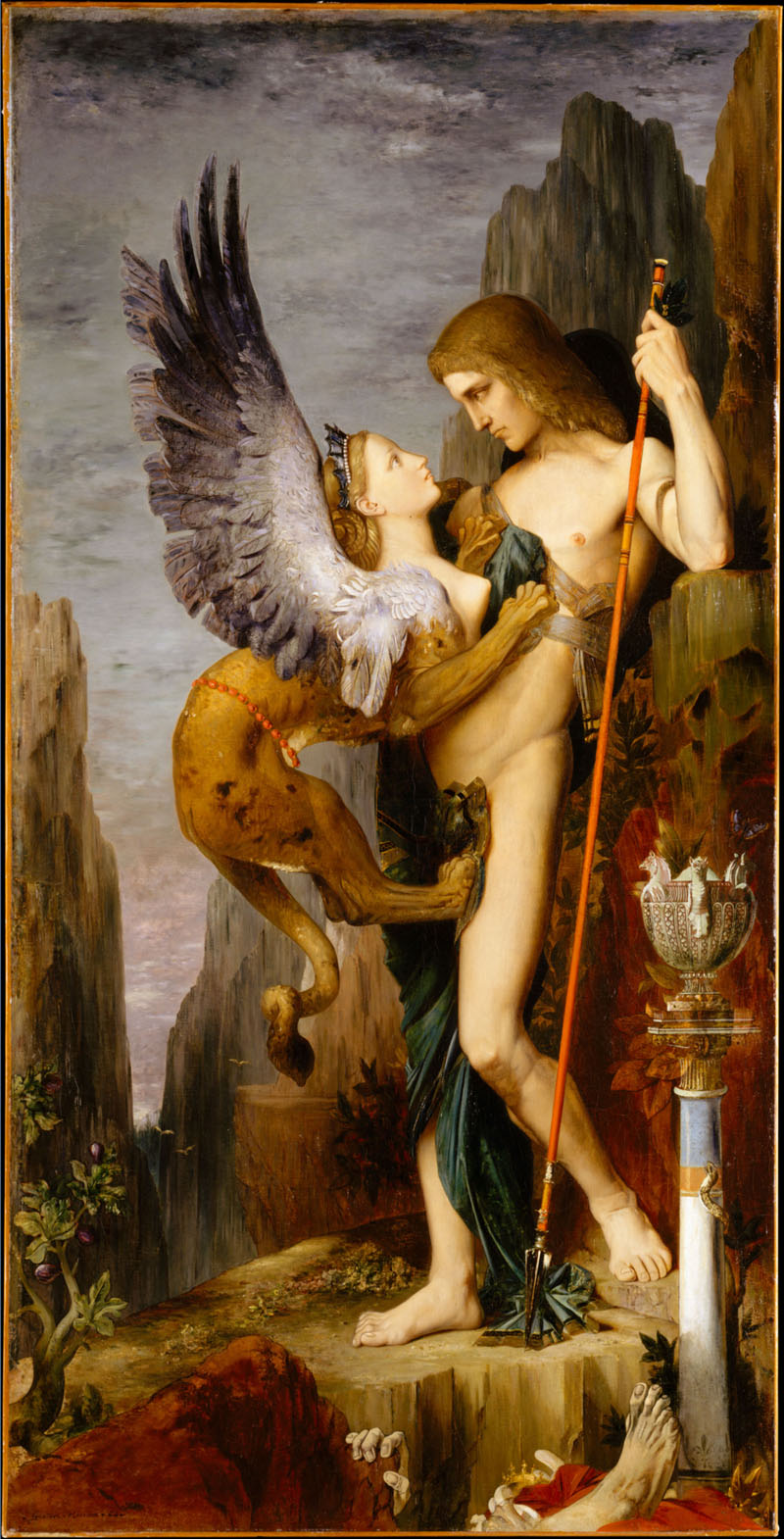Freud's Theory of Personality Development
- An erogenous zone is an area of the human body that has heightened sensitivity, the stimulation of which may generate a sexual response.
- In Freudian psychoanalysis, the term oral stage denotes the first psychosexual development stage where in the mouth of the infant is his or her primary erogenous zone.
- The anal stage is the second stage in Freud's theory of psychosexual development, lasting from age 18 months to three years. According to Freud, the anus is the primary erogenous zone and pleasure is derived from controlling bladder and bowel movement.
- The phallic stage is the third stage of psychosexual development in Freud's theory, spanning the ages of three to six years, wherein the infant's libido (desire) centers upon his or her genitalia as the erogenous zone.
- The term Oedipus complex, coined by Sigmund Freud, explains the emotions and ideas that the mind keeps in the unconscious, via dynamic repression, that concentrates upon a child's desire to have sexual relations with the parent of the opposite sex.
- In Neo-Freudian psychology, the Electra complex is a girl's psychosexual competition with her mother for possession of her father.
- Penis envy is a stage theorized by Sigmund Freud regarding female psychosexual development, in which female adolescents experience anxiety upon realization that they do not have a penis.
- In the Freudian model of psychosexual development, the latency stage is a period of relative calm between the phallic and genital phases.
- The genital stage is the term used by Sigmund Freud to describe the final stage of human psychosexual development. The individual develops a strong sexual interest in people outside of the family.

